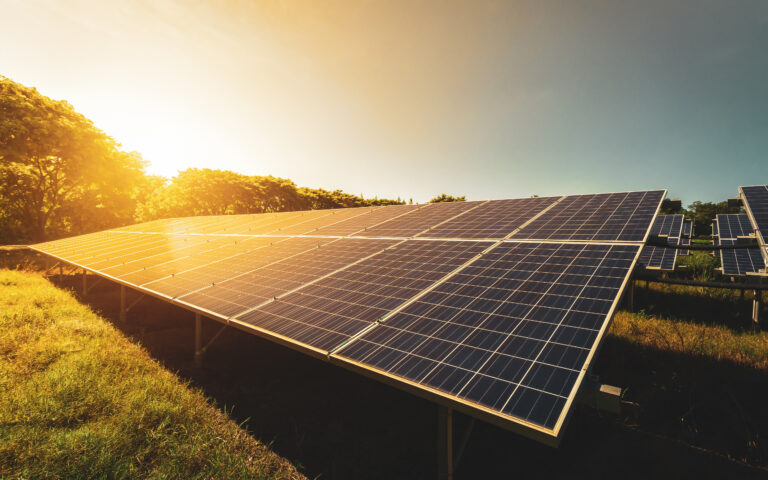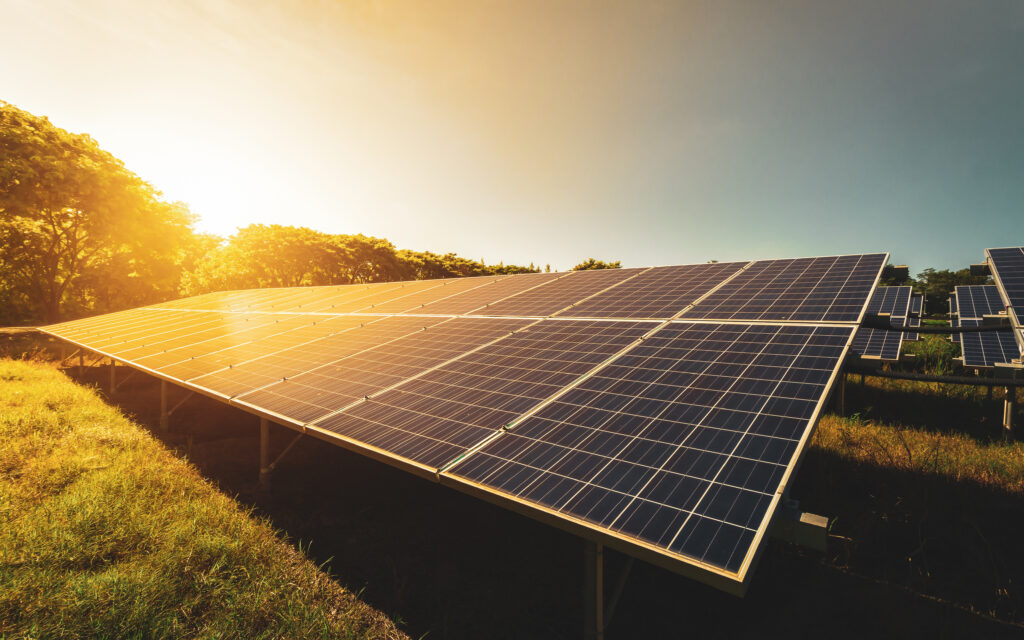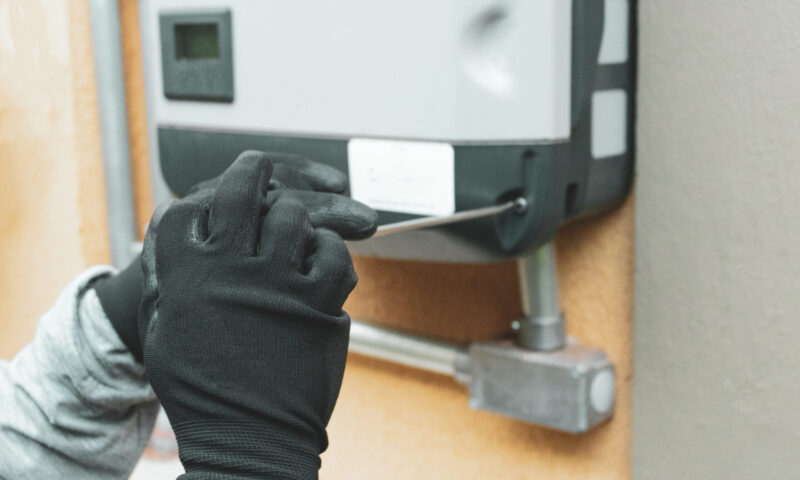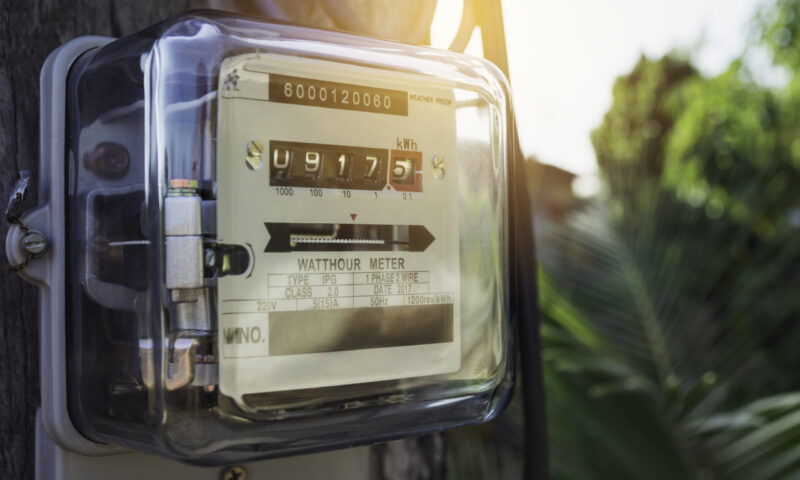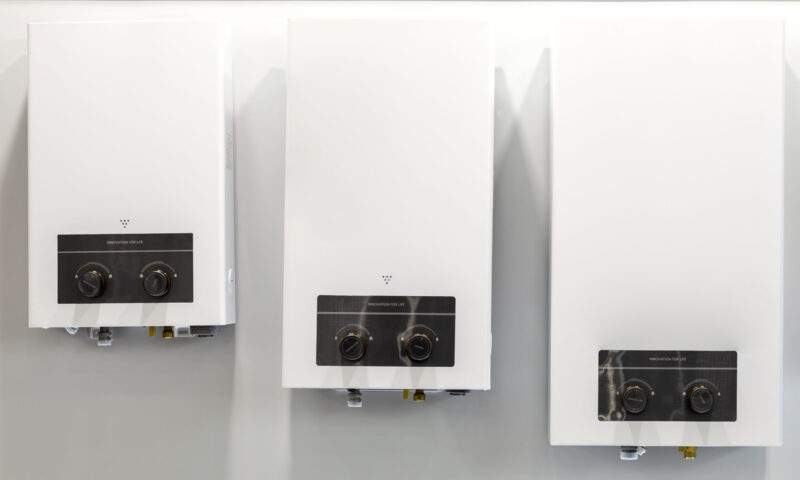In our opinion, this is a drama that is disproportionate to the situation, especially since we currently know nothing about whether, along with changes in the exchange of energy with power plants, anything will change in terms of co-financing investments in photovoltaics. This is an important aspect because it is worth considering, especially in the case of people who will install home installations after January 1, 2022, whether it is more profitable to install photovoltaics with a higher nominal power. Undoubtedly, this concept generates a higher initial cost, but firstly: we can still apply for funding from aid programs, such as Moje Prąd; secondly: the cost of setting up the installation can be fully deducted from income tax, which in retrospect reduces the costs incurred to zero; and finally, thirdly, as we have already mentioned: a larger installation in the solar season will produce more electricity than the household demand, therefore – more energy will be sold to the general grid, and in winter the possible demand for electricity from the power company’s connection will decrease and this ratio will still be profitable, even despite differences in market prices for selling and purchasing energy. Additionally, a thoroughly thought-out installation will enable you to actually earn money from it in the future, and not just save on energy prices, as was the case so far
